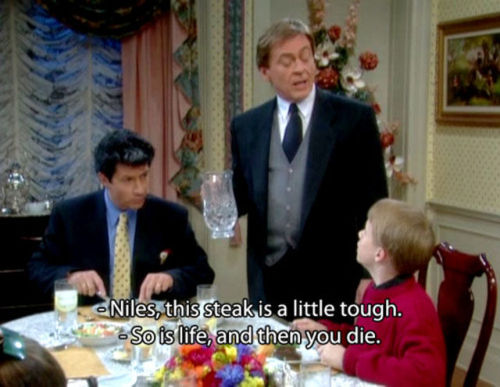Galileu, explica Shermer, viu os anéis com os olhos, mas não conseguiu vê-los com o entendimento. Sem uma teoria a respeito de corpos planetários cercados por anéis capaz de lhe dar sentido, a evidência do telescópio foi tomada como representando uma outra coisa.
A ideia, que até soa sofisticada, de que nossas teorias circunscrevem a capacidade que temos de interpretar o que está diante dos nossos olhos, na verdade não passa de um corolário do velho provérbio que diz que, para quem tem um martelo, todos os problemas se parecem com cabeças de prego. Que foi exatamente o que me veio à mente quando comecei a ler as exegeses, à esquerda e à direita, sobre o que está acontecendo no Brasil, a partir da onda de protestos contra o aumento da tarifa de ônibus na cidade de São Paulo: ideólogos com martelos à mão, correndo feito baratas tontas, batendo em qualquer coisa que tenha uma vaga semelhança com um prego.
Esta é a primeira das crises de representação: a representação da evidência diante de nossos olhos. Certo, ela está aí, mas é evidência de quê? As tentativas de enquadrar os eventos das últimas semanas no esquema do eterno Fla-Flu PT-PSDB são especialmente penosas de se ver, assim como são constrangedores os diversos "foda-se" que aparece nas redes sociais, como "fodam-se os 20 centavos, isto é sobre..." ou o inverso, "foda-se quem diz que não é pelos 20 centavos..."
Cada novo "foda-se" que vejo surgir em minhas timelines é uma tentativa de sequestrar a movimentação, de unificar sua voz. A multiplicação das fodas metafóricas só mostra que a coisa não está funcionando.
Se eu fosse arriscar uma chave interpretativa para o que aconteceu ontem pelo Brasil, diria que foi um movimento de retomada simbólica do país, precipitado pela ação violenta da PM paulista da última quinta-feira: se as pessoas que marcharam nesta segunda-feira estavam dizendo alguma coisa em comum, para além de sua cacofonia polissêmica, o que diziam é: "Estas ruas são nossas". Não da polícia, do prefeito, do governador, do deputado. Nossas. Dos brasileiros sem-bancada, sem-lobby, sem-mandato, sem-renúncia fiscal.
O que me traz à segunda crise de representação: a crise da representação política. A frase "não me representa" é, talvez, o mais novo slogan viral no Brasil.
Numa democracia ideal -- algo que só existe como construto teórico -- cidadãos encaminham sua queixas e reivindicações ao Estado por meio de representantes eleitos (vereadores, deputados) ou de instâncias técnico-burocráticas (como o Judiciário) e ou são atendidos, ou recebem uma negativa acompanhada de uma justificativa respeitosa e, na medida do possível, satisfatória.
Nas democracias reais, esses intermediários entre o cidadão e o poder tendem a ser monopolizados por grupos de pressão organizados em torno de minorias bem articuladas -- lobbies -- capazes de mobilizar grandes volumes de recursos de campanha e de votos. É um processo que, à medida que se aprofunda, deixa os interesses difusos da maioria -- e do indivíduo -- a descoberto.
A questão das tarifas de transporte coletivo é, nesse caso, emblemática: os funcionários, devidamente sindicalizados, fazem/ameaçam greve e conquistam aumento de salário, e ficam satisfeitos; as empresas têm aumento de tarifa, o que deixa os empresários satisfeitos; e o partido do governo, seja qual for, continua a contar com os votos dos trabalhadores, o aparelho dos sindicatos e o dinheiro dos empresários, o que também o deixa muitíssimo satisfeito.
Só o passageiro, que é quem paga a conta, que fica a ver navios -- ou, no caso, ônibus lentos e lotados.
Uma hora, isso há de dar no saco. E se a hora for a mesma em que o mesmo passageiro é exortado, e de modo muito pouco sutil, a entrar numa onda de euforia sintética, fabricada para enriquecer os outros -- como no caso da Copa do Mundo que se avizinha -- o saco corre mesmo o risco de estourar.
Crises de representação política são perigosas: o fascismo nasce da ilusão de que é possível conectar o povo diretamente ao poder, encarnado num líder carismático, sem intermediários. Mas também são oportunidades para repensar os meios e formas de intermediação e de pressão. No momento, parece que estamos conseguindo evitar o risco. Que consigamos, também, aproveitar a oportunidade.












































